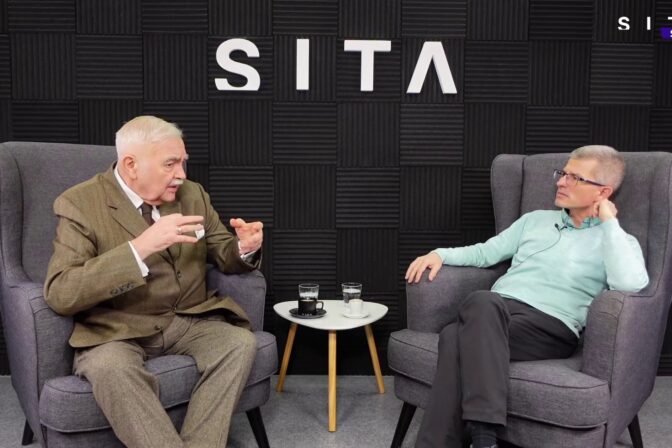BRATISLAVA, January 16, (WEBNOVINY) — The public in Slovakia is now able to control judges’ work. At the year’s beginning, an amendment to the law on judges came into effect ordering courts to make their decisions public. “It is now more than ever clear and visible that control of authorities whose role is to seek justice and protect the law is inevitable and important,” said Justice Minister Lucia Zitnanska (SDKU), whose department prepared the revision. She believes that if a system is hidden and ingrown, it can degenerate much quicker than in case of its outer control. The compulsory publication of court decisions on the webpage www.rozhodnutia.sk relates to valid decisions on the matter itself, decisions that terminate legal proceeding, decisions on preliminary injunctions, and decisions on postponing enforceability of a decision of an administrative organ. “Independence in decision making is the privilege of a judge while control is the privilege of the public,“ argued the minister. Some courts provided their decisions to applicants based on the law on free access to information but penal decisions have not been published at all. Now, this practice has come to its end. Courts in Slovakia issue some 200,000 decisions annually.
Zitnanska sees a contribution of publishing court decisions also in exerting indirect pressure on their quality. “A judge has to be aware that his/her decision can be read,” said the minister. It provides space for an open discussion on decisions and their quality and also for their comparisons, meaning a debate on how individual legal problems are solved in individual decisions. Moreover, room is here now for a public debate since until now the public could mostly hear only a brief reasoning of verdicts at trials. „We will also see concrete arguments of a judge, why s/he decided in this or that way,” said Zitnanska. The publication of decisions is also of great importance to citizens who are considering taking a legal action. Mainly lawyers will be interested in seeing how such cases are usually decided on. “Whether it makes sense to open a legal dispute or not,’ said the minister.
The minister also argues that recently advocates often complain that unlicensed representatives step in for them and do their job, which they admit can happen but not on a regular basis. So far, it was impossible to control it but it will be easy now based on the published decisions. The Slovak Bar Chamber confirms that recently advocates often encounter in practice both private and corporate entities providing legal services though they do not hold the respective license. “Therefore, we are very pleased with the Justice Ministry’s initiative on publishing lawful court decisions and also representatives of both sides,“ said the head of the chamber Tomas Borec.
SITA












